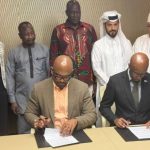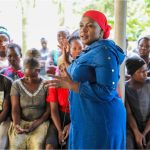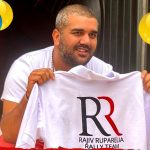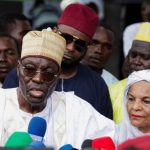Published on 06/08/2025
As the race for positions on the Central Executive Committee (CEC) of Uganda’s ruling National Resistance Movement (NRM) heats up, Eng. Jonard Asiimwe, an aspirant for National Vice Chairperson Western Uganda, has called for urgent reforms within the party’s top organ, arguing that CEC should function as a strategic think tank, free from political distraction and financial malpractice.
Appearing on NBS Television’s Morning Breeze talk show earlier today, Asiimwe used a vivid analogy to highlight the need for focus and discipline among CEC members:

”If you have a kitchen at home and you allow your chefs to be in the sitting room all the time and dine with guests, you shouldn’t be surprised if the chef serves burnt food.” Asiimwe noted.
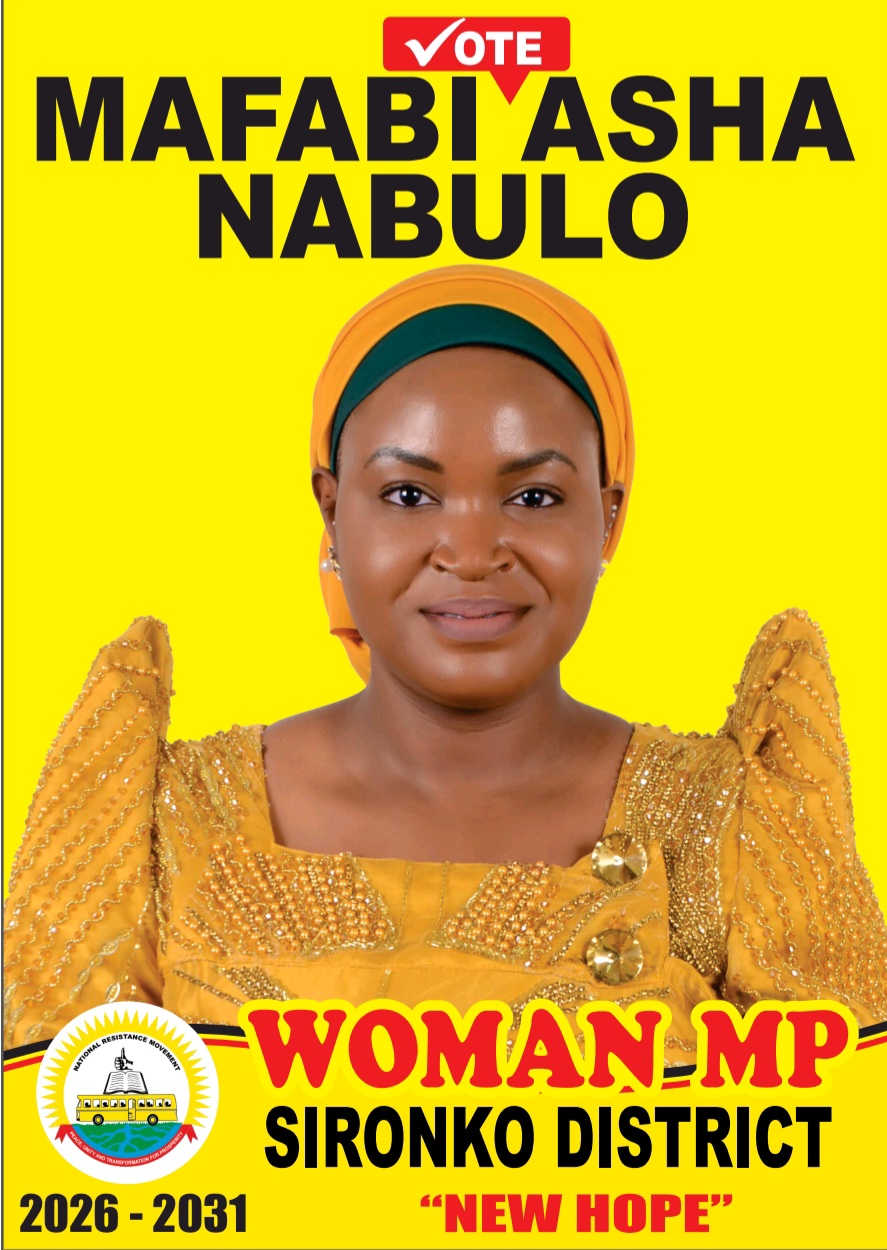
He emphasized that the CEC should operate like a kitchen or laboratory where serious policy and strategic decisions are formulated, away from the noise of active elective politics.
“In the near future, CEC members shouldn’t be part of elective politics so that their focus is clear,” Asiimwe proposed.
Drawing from his experience within the NRM structures, the aspirant noted that while the CEC races have typically been predictable, the integrity of the electoral process remains a concern.
“Since I have been part of the NRM structures, I haven’t really seen any shocks in the CEC race. However, the electoral hygiene still needs some work.”
Asiimwe also raised the alarm on the growing trend of vote-buying within internal party campaigns.
“There is a difference between having money and misusing it. It’s not right to meet people and distribute money as a way of campaigning.”
The engineer, policy expert, and long-time NRM mobilizer has emerged as a fresh voice advocating for ideological clarity, internal transparency, and responsible leadership as the party prepares for internal elections ahead of the 2026 general polls.
His remarks come at a time when public scrutiny of internal party democracy and campaign ethics is intensifying across the political spectrum.
With a broad vision to shape the future of youths across the county, Asiimwe’s manifesto outlines a vision for a more ideologically grounded and people-driven NRM.
He proposes the establishment of regional political education centres to revive patriotism and deepen the understanding of NRM principles among youth and grassroots leaders. He argues that the party’s strength lies not just in numbers but in the ideological clarity of its members.
He also promises to champion innovation-driven empowerment programs, especially for youth and women, across Uganda. By leveraging government opportunities under initiatives like the Parish Development Model (PDM) and the Presidential Skilling Program, Asiimwe pledges to bridge the gap between national policy and local benefit, ensuring every citizen feels the presence of the NRM government.
As part of his broader development agenda, Asiimwe also pledges to spearhead the establishment of regional tech hubs aimed at nurturing digital innovation and entrepreneurship among Uganda’s youth. Coupled with this, he plans to promote talent development through structured investment in sports at the grassroots level, seeing both technology and athletics as powerful vehicles for economic empowerment, social unity, and youth engagement across Western Uganda and beyond.
Above all, Asiimwe says his leadership will prioritize inclusivity, transparency, and accountability. He vows to be a servant-leader who listens, consults, and builds consensus, positioning the CEC not just as a decision-making body, but as a visionary engine steering the party into a future anchored on discipline, service, and transformative leadership.




